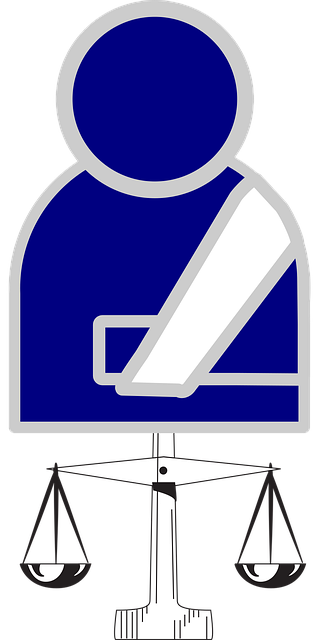Workplace wrongful death occurs when a worker's fatal injury is employment-related, stemming from accidents, exposure to hazards, or caregiver abuse. Lawsuits hold employers accountable for safety negligence. Transparency is key; employers must disclose incident details, including sequence of events, hazards, safety protocols, and previous accidents, to avoid liability and support affected families seeking justice with the help of specialized legal professionals like accident attorneys. Best practices include adhering to local regulations, effective communication, offering support, and explaining legal steps to maintain fairness and client trust.
In the tragic event of a workplace wrongful death, understanding what employers must disclose is paramount. This comprehensive guide explores the intricacies of workplace wrongful death cases, focusing on key disclosures that employers are legally required to make. From initial reports to detailed investigations, we delve into the legal implications and best practices for navigating these sensitive and complex situations, ensuring transparency and accountability.
- Understanding Workplace Wrongful Death Cases
- Key Disclosures Employers Must Make
- Legal Implications and Best Practices
Understanding Workplace Wrongful Death Cases

When a worker’s death occurs due to circumstances related to their employment, it falls under what is legally defined as a workplace wrongful death case. These incidents can arise from various scenarios, including fatal accidents, exposure to hazardous materials, or even caregiver abuse in long-term care facilities. Understanding the specifics of such cases is crucial for both victims’ families seeking justice and personal injury attorneys aiding them.
Workplace wrongful death lawsuits hold employers accountable for failing to provide a safe work environment or for negligence that directly contributes to an employee’s fatal injury. A truck accident lawyer, for instance, might be involved in representing a family affected by a commercial vehicle collision. Similarly, legal counsel specializing in personal injury law can offer support in cases of caregiver abuse, where elderly or disabled individuals suffer harm while under the care of employers or their staff.
Key Disclosures Employers Must Make

In the event of a workplace wrongful death, employers have legal obligations to disclose critical information. These disclosures are essential for transparency and ensuring justice for the victim’s family. Key among these is a thorough account of the circumstances leading to the fatality, including the sequence of events, potential hazards identified or overlooked, and any safety protocols that were in place—or absent. A comprehensive report on these aspects forms the backbone of legal arguments in subsequent real estate disputes or wrongful death cases.
Furthermore, employers must reveal details about their company’s health and safety record, previous accidents (if any), and any knowledge or notice they had regarding the risks that ultimately led to the fatal incident. This information is crucial for families seeking legal representation and an accident attorney to build a solid case. Transparency in these disclosures not only honors the deceased but also facilitates a fair and just process for those left behind.
Legal Implications and Best Practices

In the event of a workplace wrongful death, legal implications can be complex and far-reaching. Employers have a legal obligation to provide transparency and accurate information regarding the circumstances surrounding such incidents. Failure to disclose relevant details promptly can lead to severe consequences, including potential liability and damage to their reputation. Moreover, it is crucial for employers to understand the specific regulations and requirements in their jurisdiction related to workplace fatalities.
To mitigate risks and ensure fairness for all parties involved, best practices dictate that employers should proactively communicate with affected families, offer support during the grieving process, and provide clear explanations of the legal steps ahead. Prompt disclosure of important facts, such as details about the incident, employee compensation, and any relevant safety protocols or violations, can contribute to a positive client recovery and help navigate the complexities of wrongful death cases effectively. This approach not only demonstrates respect for the deceased and their loved ones but also fosters trust and transparency in the face of adversity.
In navigating workplace wrongful death cases, employers have a legal obligation to disclose critical information. By understanding what must be revealed, organizations can mitigate risks, ensure transparency, and foster trust with affected families. Key disclosures include incident details, employer liability insurance coverage, and potential causes, all of which are essential for fairness and accurate legal proceedings in these sensitive matters. Adhering to legal implications and best practices not only protects the company but also ensures respect for the deceased’s family during an incredibly difficult time.






